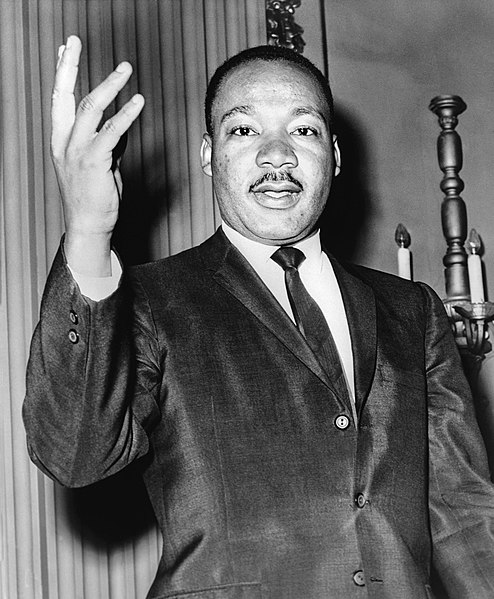 As someone who might have something to give them? Paul Steinke -- one of the great fonts of wisdom that I have come across in my journey of becoming a chaplaincy and spiritual care educator/supervisor -- today gave me a new and challenging way of thinking about this. In a presentation at a chaplaincy conference at a wonderful retreat center, he said authority comes from telling our own stories to our students. But not just any stories. Stories about our wounds. Stories about out mistakes.
As someone who might have something to give them? Paul Steinke -- one of the great fonts of wisdom that I have come across in my journey of becoming a chaplaincy and spiritual care educator/supervisor -- today gave me a new and challenging way of thinking about this. In a presentation at a chaplaincy conference at a wonderful retreat center, he said authority comes from telling our own stories to our students. But not just any stories. Stories about our wounds. Stories about out mistakes.This is some difficult wisdom for me to hear. One of the first things we try to teach many of our beginning students is to not share their own stories with the patients they are ministering to in the hospital. We teach them that sharing their own stories takes the focus of the encounter off the patient, and that they should instead learn to elicit -- and listen to -- the stories of the patients. And we teach them that there is something profoundly healing for the suffering person in having the opportunity to have their story -- especially the story of their suffering (which friends and family often are just not up to hearing) -- heard.
But Steinke challenged me in my own work to grow to the point where I have the confidence to know when I am telling my story to distract from the other person's tale and when I am telling it to help them. He said that chaplaincy supervisors should model this kind of story telling for their students. And it is from that -- not from any title given to us by the hospital or anybody else -- that our most important source of authority, especially the authority to teach, emerges. Another important thing Steinke reminded me of about this is that these kind of stories need to be filled with concrete details and not be told in terms of generalities. It is in the details that something truly important unique comes to be, he said.
While I learned quite a bit from Steinke, today -- much more than I've had time to write about here! -- this is not the first time I've thought about or written about these issues. In December, I wrote about this from the perspective of submission. There, I was more focused on what the student needs to do for learning to happen in CPE (that the student needs to accept at least the authority/possibility of the CPE process teaching them something). . . . . Now, I'm thinking about what I, as the supervisor and teacher, have to do. I have to coax the authority from my students. And telling more of my own stories and struggles is one way to do that. So, one of my goals for this summer will be to start doing more of that with my students.
In that regard, I'd like to express my thanks to one of my students I worked with for the last six months or so. He constantly demanded that I share more of myself and compared me to former teachers who had done that with him. I resisted that as a challenge to my authority and position. But I now see that his challenging of me made me more open to hearing Steinke's message, today.
_______________
Here are some of the stories from Steinke used in his presentation on Power and Authority
- The boy knows the truth, by I. Singer.
- The conversion of the Jews, by P. Roth
- The Management of Grief by Bharati Mukherjee
- Eudora Welty - The Worn Path
- Found in this collection.




